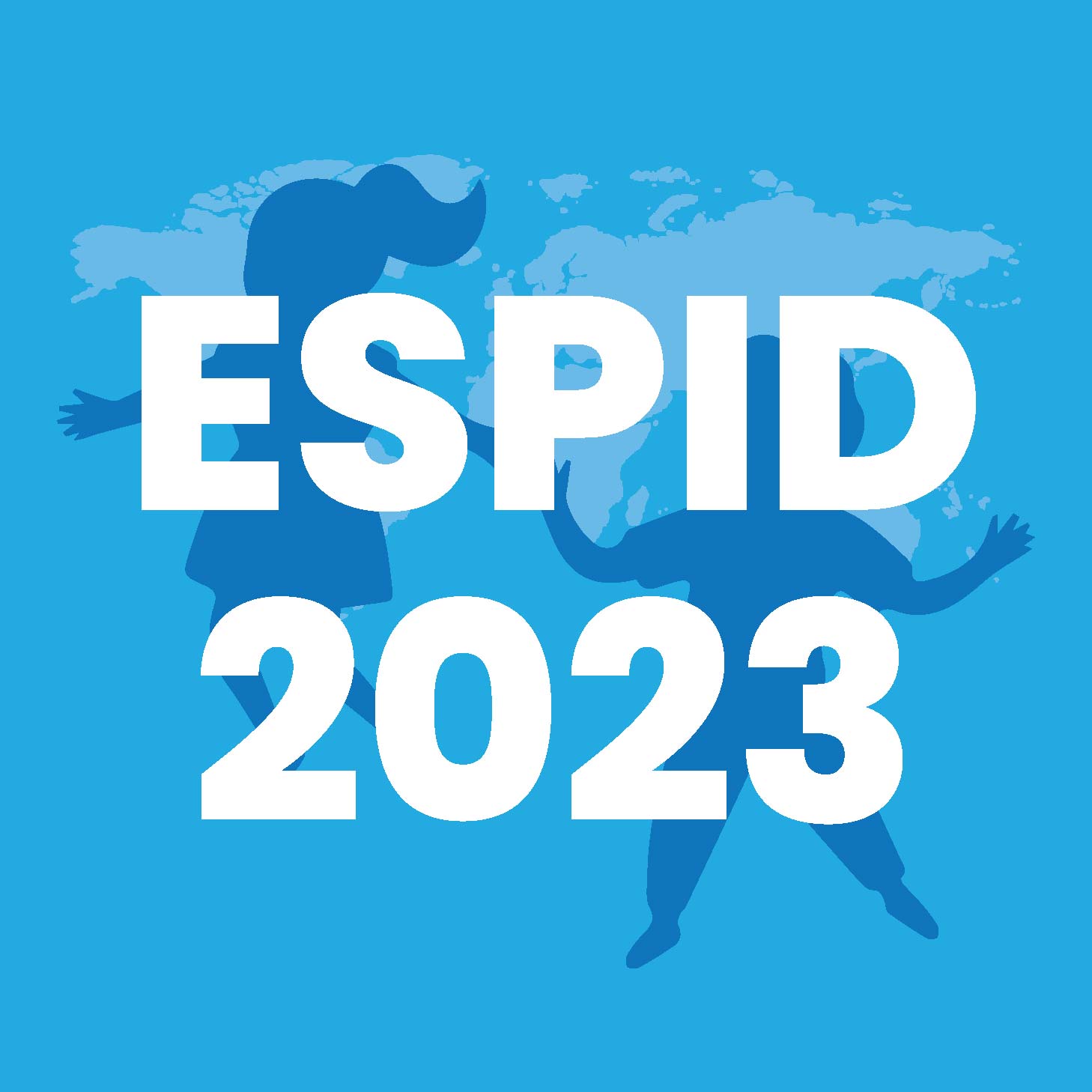Blood biomarkers and disease severity in children with pneumonia- A multinational prospective cohort study- Todd A Florin
Lower respiratory tract infections (LRTI), including community-acquired pneumonia (CAP), are frequent and costly reasons for pediatric hospitalizations. Thus, risk stratification and site of care decisions are critical. The objective of this study was to determine the association between blood biomarkers and disease severity in children who present to the ED with pneumonia in a multinational cohort of children. The prospective study was done in 69 EDs from February 2019 to June 2021. This study concluded that WBC and ANC are not associated with clinical outcomes, while CRP PCT are associated with moderate and severe disease. No biomarker had sufficient sensitivity, specificity or discriminatory capacity and none can be use in isolation to predict severe outcomes.
The burden of non-medically attended RSV infections in healthy term born infants- Sarah Hak
RSV is a common cause of respiratory infections with disease severity ranging from mild in majority cases to life -threatening in few. The aim of this study was to assess the burden of non-medically attended RSV infections in healthy term born infants. This cohort study was done in 5 EU countries in three consecutive RSV seasons (2017-2019). Non-medically cases were compared with medically attended cases in terms of duration and severity of symptoms. This study concluded that non-medically attended RSV infections affects 1 out of every 8 infants and lasts for at least 2 weeks.
Pharmacokinetics, Serum-neutralizing activity and efficacy from a phase 1b/2a infant study of Clesrovimab (MK-1654), an RSV-neutralizing monoclonal antibody- Brian M Maas
Clesrovimab (MK-1654) is a RSV neutralizing F protein antibody that binds to a unique site of RSV fusion protein. Currently, it is under development for passive immunization for prevention of RSV-associated LRTI in infants in their first season and infants and children below 2 years at increased risk for severe RSV disease entering their second RSV season. This was a Double-blind, randomized, placebo-controlled, single-ascending-dose study. An extended half-life of around 42 days was demonstrated in infants. The administration of clesrovimab was associated with dose-dependent increase in RSV. Although the efficacy data are subjected to limitations, they support the continued evaluation of clesrovimab in ongoing phase 3 studies.
Respective role of non-pharmaceutical interventions on bronchitis outbreaks, a time series analysis based on a multinational surveillance system- Naim Ouldali
NPI implementation across the world to reduce SARS-CoV-2’s transmission had a strong impact in terms of RSV circulation, but at the same time there were major psycho-social consequences. The aim of this study was to assess the respective impact of 11 NPI on bronchiolitis in 14 EU countries. The inclusion criteria were all bronchiolitis cases in children below 1 year between January 2018 and March 2021. It was concluded that 4 NPI were associated to the strongest reduction of bronchiolitis cases which were lockdown, secondary school closing, facial mask in closed places and teleworking.
How did UK covid-19 lockdown disrupt the seasonality and age structure of RSV transmission- Zoe Hancock
RSV is a common cause of hospital admission among young children and case numbers and severity peak in the winter months in the UK. The interventions implemented during Covid-19 pandemic such as lockdown, masking and social distancing changed the transmission of other respiratory virus infection and RSV. The RSV results of all acute admissions in Bristol Royal Hospital for children from 2019-2023 were retrospectively extracted. These data suggested potential milder disease in the children for whom RSV infection had been delayed. This was a natural experiment shifting age of infection for a cohort providing useful modeling parameters for estimating the potential effects of passive immunity through long-lasting monoclonal antibodies.
Sustained importance of Streptococcus pneumoniae among pediatric complicated pneumonia in Portugal (2019-22)- Mario Ramirez
After two decades of pneumococcal conjugate vaccine use, S.pneumoniae is still responsible for most culture-negative complicated pneumonia cases in children. PCV13 serotype 3 is still responsible for most cases (56%). Expanding the molecular diagnostic panel to other species allowed the identification of the etiology of only an additional 9.6% of cases, suggesting that bacteria other than S.pneumoniae remain infrequent despite PCV 13 use.
Bloodstream infections in children hospitalized for influenza, the Canadian Immunization Program Active (IMPACT)- Jacqueline Modler
Influenza virus infection is known to predispose children to serious infection by bacteria that can colonize the upper respiratory tract. Bacterial coinfections have been associated with more severe illness and higher morbidity and mortality. Bloodstream infections are a particularly severe and invasive complication of influenza infections. The inclusion criteria for this study were children between 0-16 years of age admitted to a pediatric hospital participating in IMPACT between September 1, 2010 and August 31, 2021. Cases were identified through active surveillance of the 12 pediatric hospitals participating in IMPACT. The study showed that although affecting less than 1% of patients, bloodstream infections were consistently associated with more severe disease. While few studies have focused on seasonal influenza and bloodstream infections, the association of secondary bacterial infections with severe disease in pandemic influenza has been well documented.
Surveillance towards preventing pediatric incidence of RSV attributable RTI in primary and secondary/tertiary healthcare settings in Liverpool, Wirral and Bristol, UK- Dr Emma Carter
The aim of this study was to estimate the seasonal incidence of lab-confirmed RSV among children below 3 years of age with RTI symptoms in primary, secondary and tertiary health care settings. This was a multi-centre prospective observational study with a sample size of 2000. This study shows that RSV burden was highest in children <1 year and seasonality of RSV has been perturbed due to Covid-19 pandemic. During peak seasons, 70% of medical attendances with RTI in infants were due to RSV and the RSV disease burden is significant in primary care.
Group A Streptococcus: A return to pre:pandemic incidence but no rebound in Portugal until 2023- Joana De Bier
At the end of 2022, some EU countries reported an increase in the number of cases of GAS infections, particularly invasive disease, but in some cases also scarlet fever. In Portugal, after 2 years with a small number of cases in 2022, the incidence of pediatric iGAS was similar to pre-pandemic period. The aim was to evaluate the current epidemiological situation of non-invasive GAS infection in a Pediatric Tertiary Care, where iGAS remained a rare condition. This was an observational descriptive study done from January2015 to December 2022 in pediatric tertiary hospital central Portugal. It was concluded that in 20200, the distribution of non-invasive GAS infections had returned to the pre-pandemic pattern, after a period of reduced incidence during pandemic. iGAS infections remained rare and not more frequent.
Incidence, severity and clinical characteristics of lower respiratory tract infections in children before and after lockdown - Matthijis Kruizinga
The lockdowns associated with Covid-19 pandemic caused a significant decrease in pediatric ED visits and ward admissions. However, by the end of the lockdowns, there was a surge in respiratory infections even in the off-season mainly in children aged 0-4 years. The aim was to compare the characteristics and disease severity in children diagnosed with LRTIs before, during and after Covid-19 lockdowns. This was a retrospective cohort study done in Juliana Children’s Hospital with patients admitted or had ED visits in 2019 and 2021 diagnosed with LRTI. The study showed that patients with LRTI may have had a more severe clinical phenotype in 2021, possibly explained by immunity debt after lockdowns. Therefore, more multicenter research is necessary for more definitive conclusions preferably from existing prospectively obtained databases.
European Society of Paediatric Infectious Diseases (ESPID) 2023, 08 - 12 May 2023, Lisbon




